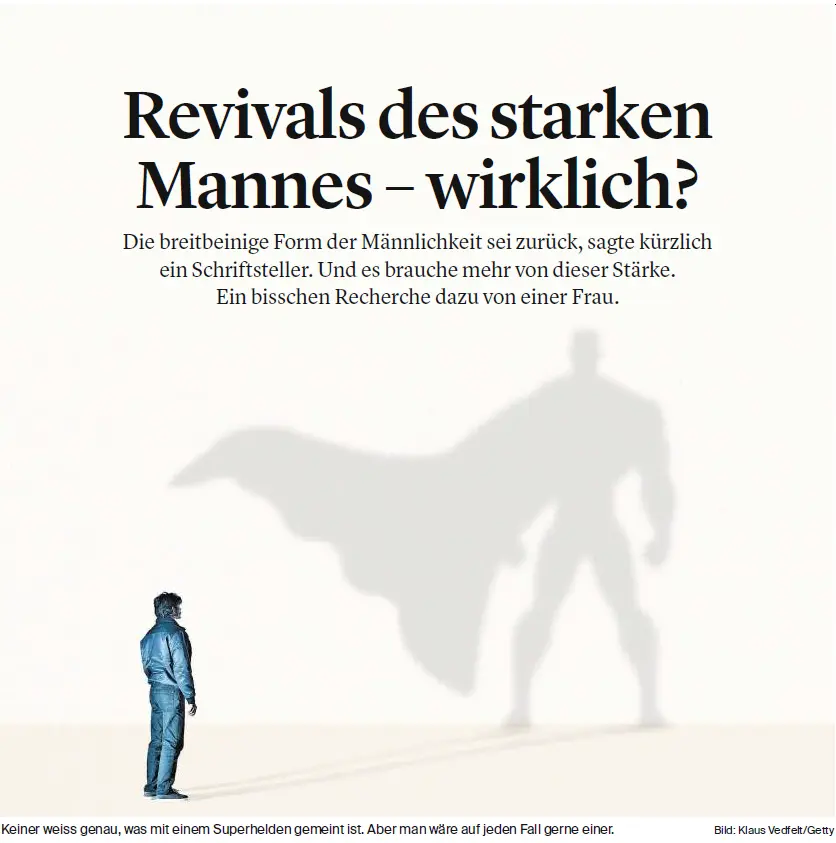Geopolitical Risks and Global Business

"When markets fragment and alliances shift, business as usual becomes business at risk."
Dr. Siyana Gurova, Research Associate & Lecturer ZHAW School of Management and Law
Political tensions, trade conflicts, and shifting alliances are fundamentally reshaping the environment for global business. Understanding geopolitical risks is now essential not only for developing strategies but for rethinking entire business models. At the Center for Geopolitics and Competitiveness, we analyze how major geopolitical developments impact companies’ operations, supply chains, and market positions. We support businesses in adapting to a more fragmented and uncertain global economy.
Focus Areas
Our current research and consulting activities focus on the following areas of expertise:
- Geopolitical risks in a fragmented economy (Innosuisse-funded project)
- Swiss Managers Survey
- ZHAW International Business Podium: A series of events that addresses political and economic developments and engages with experts and scholars to discuss current issues.
Revival of the strongman – really?

15.04.2025
In an era of growing geopolitical uncertainty, traditional toughness is no longer enough. Successful leadership in global business now demands situational strength, soft power, and strategic flexibility. This article analyzes why classic ideals of masculinity are losing relevance amid geopolitical risks—and which leadership skills matter today: (link to the article in german)(PDF 80,2 KB)
Switzerland is not a G-20 member - and yet it is involved

24.10.2024
Switzerland is not an official G-20 member – yet it remains actively involved in shaping global economic policy. Dominique Ursprung and Mira Braun detail this unique role in Die Volkswirtschaft: (link to the article in german)
Trans Pacific Partnership CPTPP

21.09.2023
Momentum around the Comprehensive and Progressive Agreement for Trans-Pacific Partnership (CPTPP) is growing, with six countries seeking membership—while Switzerland remains on the sidelines. Dominique Ursprung explains why CPTPP is becoming increasingly important for Switzerland in Die Volkswirtschaft: Waiting Line at the Trans-Pacific Free Trade Zone. (Article in German)
-
Meylan, Grégoire; Spoerri, Andy,
2014.
Waste Management.
34(1), pp. 93-100.
Available from: https://doi.org/10.1016/j.wasman.2013.10.001
-
2014.
Kolumbien in den Fokussegmenten : Erklärung Business Model.
In:
Business Workshop: Cleantech Marktchancen in Kolumbien über Universitätspartnerschaften erschliessen, Zürich, 24. Oktober 2014.
-
2014.
Start ins schweizerisch-japanische Jubiläumsjahr 2014 in Winterthur.
Japanmarkt.
2014(3), pp. 34-35.
-
2014.
Sustainable & profitable growth.
In:
FOCUS LatinAmerica, Medellin, Colombia, 11-13 November 2014.
-
Eichhorst, Werner; Kendzia, Michael Jan,
2014.
Workforce segmentation in Germany : from the founding era to the present time.
IZA Discussion Paper
; 8648.
Bonn:
Institute for the Study of Labor.
Available from: http://ftp.iza.org/dp8648.pdf
-
Khalili, Nasrin R.; Ehrlich, David; Dia-Eddine, Khaldoun,
2013.
Progress in Industrial Ecology.
8(1/2), pp. 114-134.
Available from: https://doi.org/10.1504/PIE.2013.055063
-
Brand, Fridolin S.; Seidl, Roman; Le, Quang Bao; Brändle, Julia Maria; Scholz, Roland Werner,
2013.
Ecology and Society.
18(2).
Available from: https://doi.org/10.5751/ES-04972-180243
-
Barthelmess, Petra; Hirt, Thomas,
2013.
Police.
2013(5).
-
Eichhorst, Werner; Kendzia, Michael Jan; Schneider, Hilmar; Buhlmann, Florian,
2013.
IZA Research Reports
; 51.
Bonn:
IZA Institute of Labor Economics.
Available from: http://ftp.iza.org/report_pdfs/iza_report_51.pdf
-
Steinmann, Cary,
2013.
Sieben Thesen : Denken in Silos ist Vergangenheit.
Handelszeitung.
2013(13), pp. 43.
Available from: https://issuu.com/gfm-swiss-marketing/docs/hze_13_special_marketing
